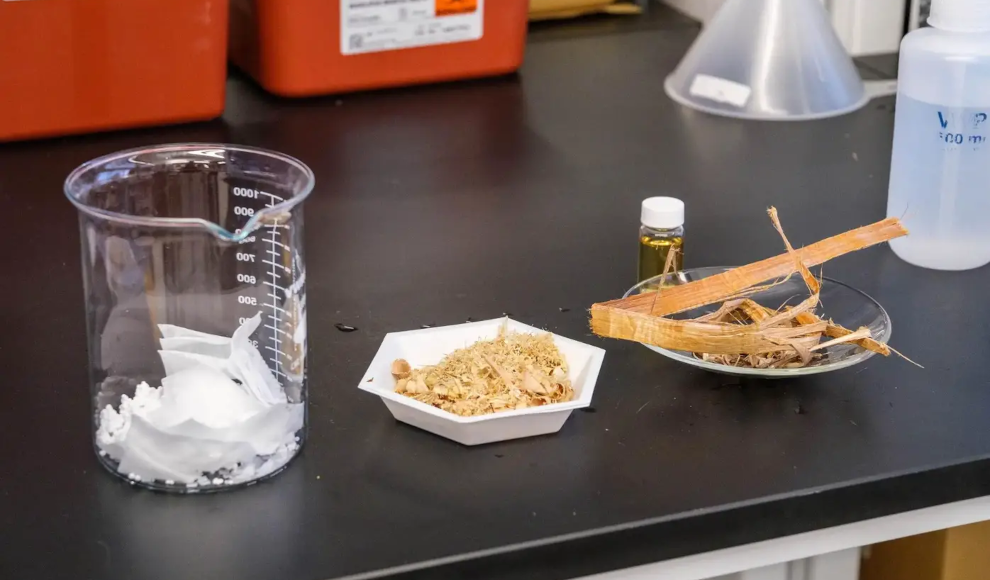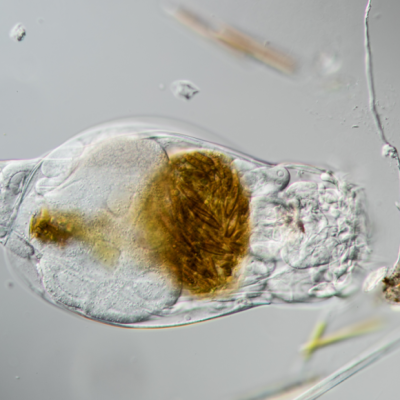A recent study by the National Oceanography Centre (NOC) has revealed that oceans contain more microplastics than previously thought. These tiny plastic particles, which are created by the breakdown of consumer goods and industrial waste, are also consumed by humans through the water cycle, with the University of Victoria estimating that people consume up to 200,000 particles per year. As a result, scientists are searching for ways to remove microplastic particles from water. Dr. Orlando Rojas of the University of British Columbia (UBC) explains that “it is a huge challenge to keep them out of the water supply.”
To address this issue, researchers at UBC have developed a plant-based filter called “bioCap” made from wood dust and natural plant compounds that can remove a large portion of microplastic particles from water. Although the technology is still in the testing phase, the researchers believe that it can be scaled up cost-effectively and efficiently with the right industrial partner. The bioCap filter is also more sustainable than existing solutions, as it uses renewable and biodegradable materials. The scientists tested the filter with microplastic particles made of polypropylene and found that it could capture between 95.2% and 99.9% of the plastic particles.
However, removing all types of microplastics with a filter is problematic because they come in different sizes, shapes, and electrical charges. There are microfibers from clothing, microbeads from cleaning products and soaps, as well as foams and pellets from utensils, containers, and packaging. The bioCap solution uses different molecular interactions with tannic acids to remove practically all of these different types of microplastics. The researchers believe that the bioCap filter could be scaled down for household use or scaled up for urban wastewater treatment plants.
In conclusion, the bioCap filter offers a promising solution to the problem of microplastic contamination in water. It is cost-effective, efficient, and sustainable, and has the potential to be used in a variety of settings. While there are still challenges to overcome, such as removing all types of microplastics, the bioCap filter represents an important step forward in protecting our water supply and reducing plastic pollution.










